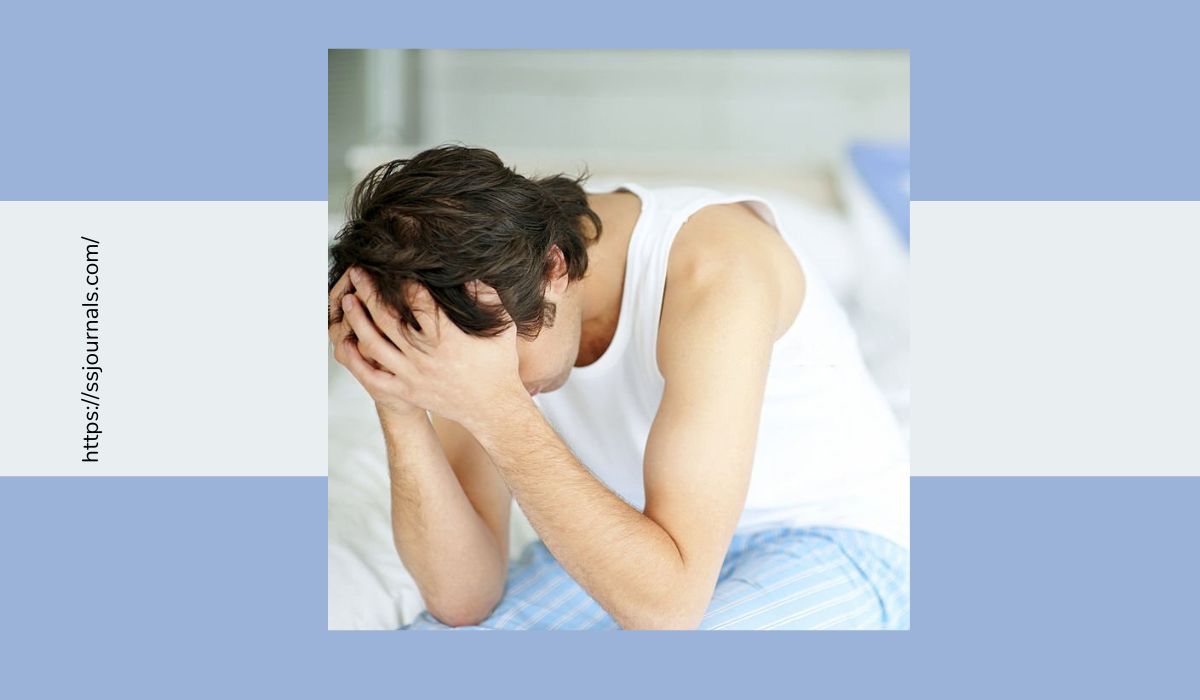Testosterone is an essential androgen hormone formed in the reproductive organs of males and females. Testosterone plays a significant role in red blood cell production, sperm production, muscle mass, and bone density. The testosterone hormone also impacts sexual drives in both males and females.
The testicles produce testosterone in males, and the ovaries produce smaller amounts in females. Lack of testosterone or over-production of testosterone induces health issues. The level of testosterone production increases with the blooming of the reproductive organs.
What Is Testosterone?
Testosterone production in males and females recedes naturally as age advances. However, other factors can cause hormone levels to drop before a certain age and precipitate various symptoms in men and women.

Incessant health conditions, stress, unhealthy diet, lack of sleep, smoking, consumption of alcohol and drugs, and some prolonged diseases like AIDS, kidney diseases, pituitary gland disorders, internal infections, obesity, metabolic factors, and specific dosage of medications like chemotherapy, radiation, may provoke hormonal imbalance and affect the production of testosterone in men and women.
Symptoms Of Low Testosterone
Symptoms of low testosterone vary substantially with age, gender, and health conditions.
Related: Vitamins To Lower Testosterone In Females: Managing Hormone Harmony
How Is Low Testosterone Diagnosed?
Diagnosis and treatment for low testosterone are possible only with the help of a registered medical officer. A simple blood test may be sufficient to diagnose low testosterone in men and women.
Doctors may have difficulty analyzing low testosterone levels in women as their hormone levels fluctuate frequently, especially during periods.
If you perceive any of the above symptoms, consult a medical officer to diagonalize the syndrome. Additional tests may be required to identify other causes and obscure medical conditions. Generally, the ‘Serum Testosterone Test’ is conducted to determine the testosterone level.
The average testosterone level ranges from 280 to 1100 nanograms per decilitre for males, and for females, it ranges from 15 to 70 nanograms per decilitre according to international standards. Below 280 ng/dL is low testosterone for men, and below 15 ng/dL is low testosterone for women.
Treatments For Low Testosterone
The most common treatment for low testosterone is TRT (testosterone replacement therapy). TRT is not a lifelong remedy to sustain testosterone levels. The testosterone level can be normalized and balanced with the help of other treatment strategies.
Your doctor may also recommend helpful diets and exercises to boost your testosterone levels naturally. Artificial testosterone pills, gels, patches, nasal drops, and injections are regulated to supplement testosterone replacement therapy. TRT is particularly beneficial for males with low testosterone levels.
Testosterone Replacement Therapy might not be appropriate for people with a history of Breast cancer, Prostate cancer, Heart disease, Sleep apnea, high red blood cell count, and people planning to have children.
Side Effects Of Testosterone Replacement Therapy
Reports indicate that ‘Testosterone Replacement Therapy’ involves many risks. If you undergo TRT, you will need routine blood tests to assess your testosterone levels and observe possible side effects. Some side effects include;
A precisely prepared TRT plan with regular checkups under the supervision of an experienced medical professional can prevent many of these unwanted side effects. It is better to avoid consuming testosterone boosters claiming food.
TRT can aggravate a few dangerous medical conditions in some people. There are no clinically proven Testosterone-Boosting food or food products.
Conclusion
Reducing stress, enough sleep, a healthy diet, weight management, workouts, physical activities, and abstaining from alcohol and drugs will help to maintain testosterone levels naturally. The symptoms of low testosterone may be identical to being old, and people may ignore the possibility of low testosterone levels.
For females, high testosterone levels are more concerning than low testosterone levels. Moderate medications and lifestyle changes can help improve high or low testosterone levels effectively.
FAQ
Yes, though it is less common, women can also experience low testosterone levels. This can lead to symptoms such as fatigue, reduced muscle mass, and changes in mood.
While declining testosterone levels are a natural part of aging, severe depletion can lead to health issues. Seeking medical advice is crucial for maintaining overall well-being.
Yes, adopting a healthy lifestyle, including regular exercise and a balanced diet, can support healthy testosterone levels.
Untreated low testosterone can lead to various health issues, including osteoporosis, muscle weakness, and a diminished quality of life.
The effects of Hormone Replacement Therapy can vary from person to person. Some individuals may experience improvements in energy levels and mood within a few weeks, while others may take longer to see significant changes.
More: Do Cold Showers Increase Testosterone? Importance & Benefits!

